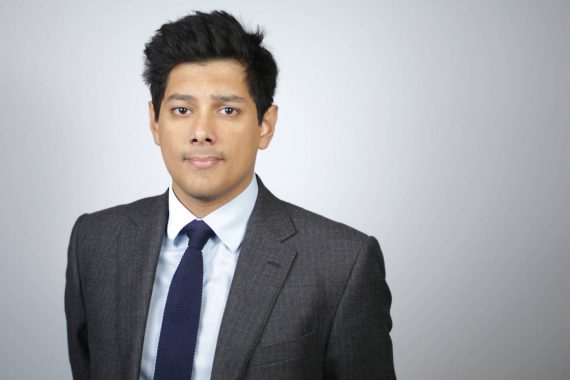During 2015 the Government made a very public pledge to the country that over the next five years an extra 5,000 additional GPs would be recruited into general practice. Subsequently there were also promises that more medical students would be encouraged to pursue a career as a GP as part of creating a ‘wider pipeline’ to resolve the recruitment and retention crisis.
A few years on from these grand statements, the reality is panning out to be rather different. A recent Pulse survey of trainees suggests that one in five trainee GPs expect to have left medicine in the UK within five years of qualification and 60% expect to work as salaried or locum GPs rather than in partnership.
A BMA survey recently found that a third of GP practices have vacancies that they are unable to fill, and alongside this almost one in five GP training posts is still empty. And, two years after all the publicity, the latest official figures from NHS Digital showed that the number of full time GPs actually declined while the workforce as a whole has stagnated.
These findings suggest that the current recruitment and retention crisis is only set to worsen, whatever political pledges have been made.
In truth, the statistics are hardly surprising. With a combination of diminishing resources in primary and social care, rising expectations and workloads, with fewer staff to carry the burden, it is no wonder fewer trainees are seeing their future in general practice.
Despite constant promises of extra resources there seems to be little respite for the frontline GP, burning out trying to deliver quality patient care in worsening conditions. The GP Forward View did offer hope and in some areas, movement has been made, but at a snail’s pace and with significant regional variation.
How then can we start to heed the warning signs so evident in surveys such as these?
Systemically, we must better resource primary care, offer greater support to struggling practices and improve the treatment options available to patients in the community. Our junior doctors spend the better part of a decade in training to become GPs, doing so to provide the best possible care to their patients. To avoid trainees and new GPs being lured away, we must find a way to offer precisely that which trainees signed up to do: to act as fellow traveller and navigator of services to our patients, facilitate development of interests and improvement of skills to offer them the best possible care.
Fundamentally, we must start to address the issues around workload, reduce bureaucracy and increase the time available for GPs to care for patients and to continue to develop skills. Another widely reported BMA survey found that nine out of ten GPs felt their workload was unmanageable. How can we expect GPs to remain in the workforce when they are struggling both to provide safe care to patients and have a decent working life that is not overwhelmed by stress and exhaustion?
Resources to offer better care in the community are also sorely needed, along with innovation to improve the interface with secondary care that better understands the challenges of primary care and is responsive to local need. These are all a part of the solution to the crisis we now face.
The hard reality is that without action to address workloads and the parlous state of GP funding, our GPs (of every kind) face a bleak future and our patients are tragically going to suffer the most. If we do want to sustain our publically funded health service, free at the point of delivery, then we must start to find new solutions, and we need a government prepared to resource and fund these answers.
Dr Jeeves Wijesuriya is chair of the BMA Junior Doctors Committee and a GP trainee in London

















